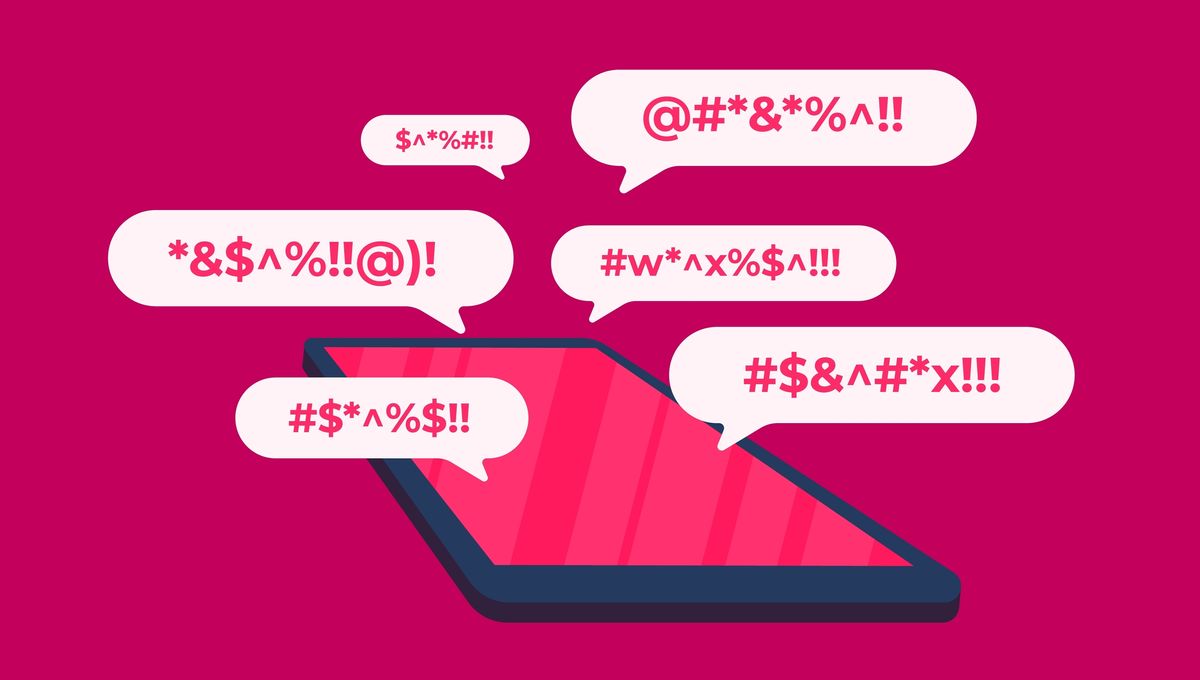
Does it feel like online spaces have gotten more toxic lately? Noticed an uptick in weird conspiracy theories surrounding “globalists” or immigrants? It’s not just you – according to a new study, the 2020 US election really did lead to a huge wave of hate content getting washed into the mainstream.
“Based on the most recent U.S. presidential election […] offline events are associated with rapid adaptations of the global online hate universe,” the researchers write, noting that these changes “[strengthen] both its network-of-networks structure and the types of hate content that it collectively produces.”
Using a powerful “online telescope” that could map online networks in incredible detail, the researchers were able to measure increases and changes in what they term the “hate universe” online. What they found was highly concerning: “The election triggered new hate content at scale around immigration, ethnicity, and antisemitism that aligns with conspiracy theories about Jewish-led replacement,” they report.
It’s not just the elections themselves that can bring people together like this: the team also noticed a significant uptick in hate speech around the January 6 Capitol attack – an increase of around 80 percent within just five days – as well as in the days leading up to the announcement of Biden’s win in 2020.
“There was a surge in the creation of hate links (i.e., links from hate communities) during both the election itself (November 2020) and the follow-up (January 2021),” the authors note. “The message of this for policymakers is that any event of seemingly only local or national interest has the capability to instantly trigger hate activity globally.”
Not only did the amount of online hate increase, but the directions it was sent in shifted: anti-immigration hate nearly tripled after Biden won the presidency, while ethnically based hate and antisemitism doubled.
Perhaps even more worrying, though, is the effect these changes had on the spaces they originated from. “Just because links get individually added does not automatically mean the hate universe as a whole will benefit in terms of hardening (strengthening) its structural cohesion,” the researchers wrote. “However, […] this is indeed exactly what happens.”
In other words, not only was there an uptick in hate speech and activities online, but those communities creating it became larger, more entrenched in their views, and less receptive to outside or moderating influences.
“Politics can be a catalyst for potentially dangerous hate speech,” Neil Johnson, a professor of physics at GWU and one of the study authors, said in a statement. “Combine that with the internet, where hate speech thrives, and that’s an alarming scenario.”
So, given the state of online hate, what can be done to curb this trend? Well, one clue might be found in the platforms where such content thrives: while much of it came from the ubiquitous sites you might expect, such as Facebook, Twitter, or TikTok, other less mainstream places – 4chan or Gab, for example – played extremely important roles in hate links’ dissemination.
Indeed, Telegram in particular was found by the researchers to act as a kind of “glue” in the process – a sort of central hub for hate links to be sent in and out of. It’s a finding that’s worth paying attention to, they argue, cautioning that “current policies that focus only on particular platforms based on their popularity (e.g., Facebook, Twitter, or TikTok) or which treat all platforms the same, will not be effective in curbing hate and other online harms.”
The authors also note that the themes of hate content are not necessarily dictated by the real-world trigger for it – and advise that “the messaging of anti-hate campaigns ahead of an event should not focus exclusively on that event’s theme.”
“It’s critical to understand exactly how hate at the individual level multiplies to a collective global scale,” Johnson said. “This research fills in that gap in understanding of how hate evolves globally around local or national events like elections.”
The paper is published in the journal npj Complexity.
Source Link: You're Not Imagining It: The Internet Really Does Get More Hateful Around Elections